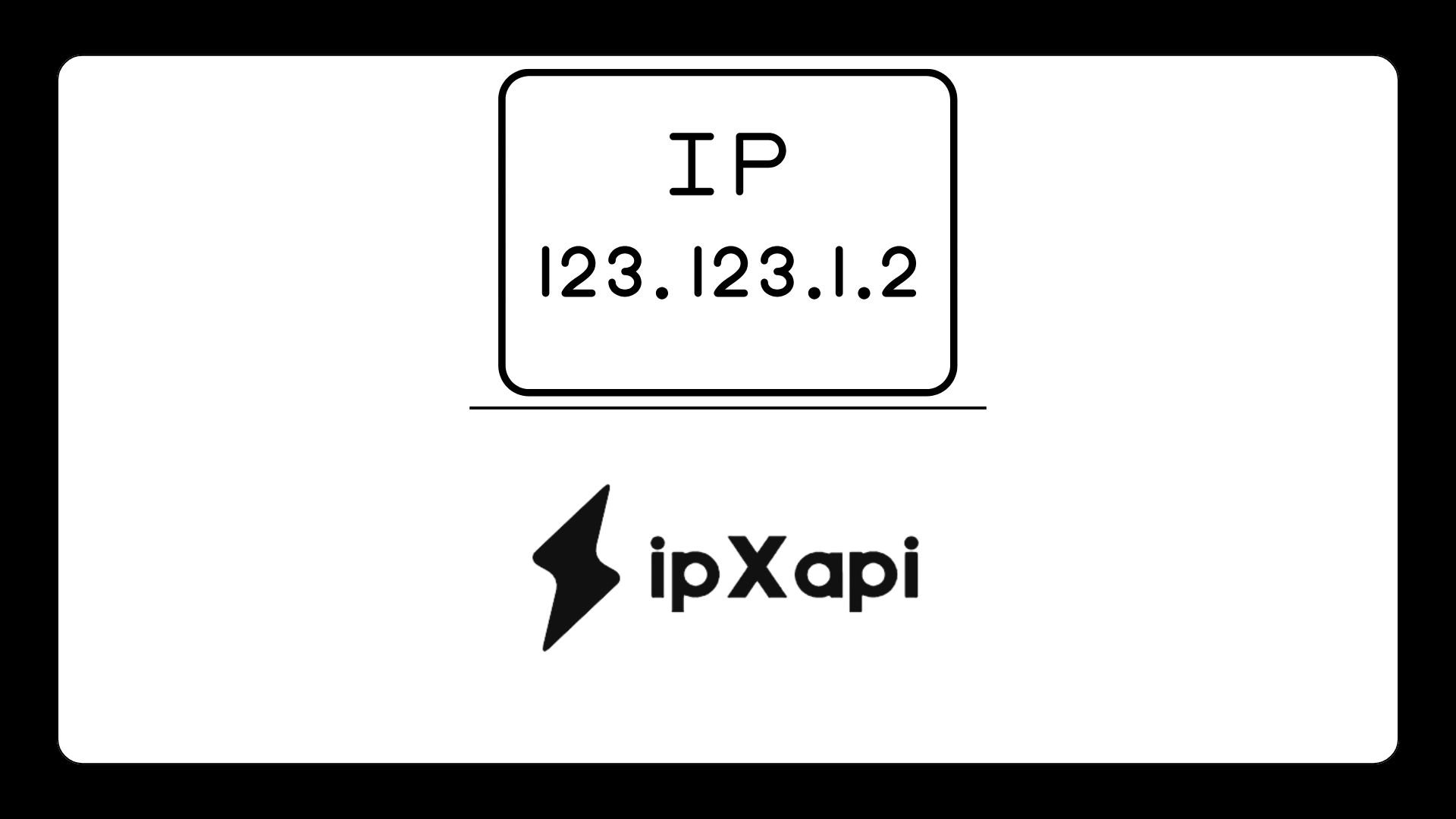IP Security API For Enhanced Online Protection

One of the most effective tools for enhancing online protection is an IP Security API. ipXapi, a leading provider in this field, offers a powerful solution that helps businesses safeguard their platforms and provide secure user experiences.
What is an IP Security API?
A tool that offers real-time information on the origin and behavior of internet protocol (IP) addresses is called an IP Security API. These APIs assist companies in identifying and reducing security risks including fraud, hacking attempts, and unauthorized access by examining IP addresses. Finding suspect or malicious IP addresses and taking appropriate action to stop these sources from communicating with your platform is the main purpose of this API. Businesses can use the API, for instance, to identify VPNs or proxies, prevent login attempts from known bad actors, and track users' geolocation for further context.
The ability to provide this critical data in real-time gives businesses an edge in responding to cyber threats swiftly, before they escalate. By analyzing the geolocation, behavior, and reputation of IP addresses, IP Security APIs like ipXapi enhance web and app security, prevent fraud, and help companies comply with regulations.
How ipXapi Enhances Online Security
ipXapi offers a variety of features that make it a powerful tool for improving online security. With real-time geolocation, IP reputation tracking, and fraud detection capabilities, it is designed to give businesses actionable insights into every IP address interacting with their platform. Let’s break down how this API enhances security:
One of the core features of ipXapi is its ability to provide real-time IP geolocation data. By analyzing an IP address’s geographical location, businesses can determine whether a user is logging in from a familiar region or an unusual one. If a user suddenly logs in from a different country, this could indicate that their account has been compromised. It allows businesses to flag these suspicious logins and take additional verification steps, such as prompting the user for multi-factor authentication (MFA).
Cybercriminals frequently use proxies or VPNs in an effort to conceal their genuine identities. Because their IP address seems to be coming from a legitimate source, this makes it more difficult for businesses to detect hostile actors. By identifying IP addresses linked to proxies, VPNs, or data centers—all of which are frequently utilized by scammers—ipXapi resolves this issue. In order to stop possible fraud and protect sensitive data, it can either block the request or ask for more verification when it notices such behavior.
Businesses are very concerned about fraudulent activities like chargebacks, account takeovers, and payment fraud, especially in sectors like banking, gaming, and e-commerce. This tool assists in identifying questionable activities, like the usage of credit cards that have been stolen or other types of financial fraud, by examining the reputation and history of an IP address.
Businesses can take action before fraud happens by using it to indicate high-risk transactions or login attempts from known criminal actors. In addition, ipXapi’s geolocation data helps businesses monitor for anomalies. For instance, if a user’s login is suddenly detected from a location known for high fraud rates, businesses can request additional identity verification or block the transaction altogether.


